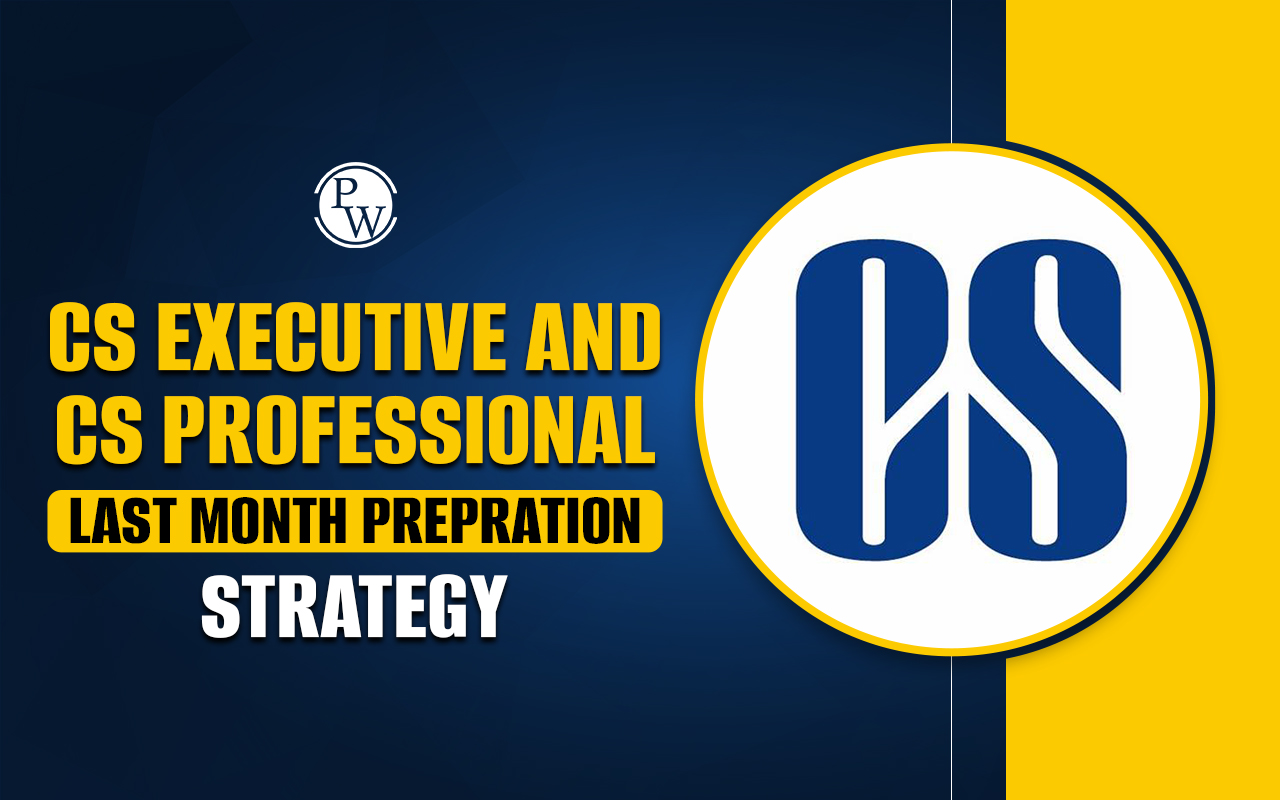

Acquisition of Shares and Takeovers: An acquisition of shares and takeovers happens when one company buys and takes control of another company. This is a crucial part of mergers and acquisitions (M&A), a corporate law or finance career that deals with buying, selling, and combining companies.
In September 2011, SEBI updated the SEBI (Substantial Acquisitions of Shares and Takeover) Regulations from 1997 by introducing new 2011 regulations. These new rules were created to manage the acquisition of shares and voting rights in publicly listed companies in India. The changes were based on the recommendations of a committee to review the 1997 rules. The article will discuss the Acquisition of shares and takeover in detail.Acquisition of Shares and Takeovers Overview
The Substantial Acquisitions of Shares and Takeovers regulation covers direct or indirect acquisition of shares, voting rights, or control over a target company. The details about the rules in this are mentioned below:- Regulations by SEBI (Securities and Exchange Board of India) govern the acquisition process to protect shareholders' interests and ensure compliance with legal requirements.
- An "Acquirer" is anyone who, directly or indirectly, acquires or agrees to purchase shares or voting rights in control over a target company, either alone or with others.
- "Acquisition" refers to directly or indirectly agreeing to buy (or buying) shares or voting rights in, or gaining more control over, a target company.
- "Control" means having the authority to appoint most directors or manage a company's policies. Simply being a director or officer of the company doesn't automatically mean you have control over it.
- Any acquirer gaining control over a target company must publicly announce an open offer to acquire shares of that target company.
- The regulation helps prevent hostile takeovers, where a company is taken over without the board's approval or knowledge. Such actions can harm public shareholders. This regulation ensures that all stakeholders are treated fairly.
The Applicability of Acquisition of Shares and Takeovers Regulations, 2011
Applicability of the Substantial Acquisition of Shares and Takeovers Regulations include the details mentioned below:Who Must Follow the Rules?
The SEBI (Substantial Acquisition of Shares and Takeovers) Regulations, 2011, apply to anyone acquiring shares, voting rights, or controlling a listed company.- This includes both direct and indirect acquisitions.
- The regulations ensure that major acquisitions are conducted transparently and fairly.
Who is Exempt from the Rules?
- Not all acquisitions are covered by these regulations.
- The rules do not apply to companies listed on the Innovators Growth Platform of a recognized stock exchange without a public issue.
- This exemption encourages innovation and growth by reducing regulatory constraints for entrepreneurial ventures.
What are the Types of Acquisition?
Companies merge or buy other companies for various reasons and in different ways. The various types of acquisitions are:- Horizontal Acquisition: When a company buys another company that offers similar products or services. Example: Facebook bought Instagram in 2012 for $1 billion.
- Vertical Acquisition: When a company buys another company that makes a product in its supply chain. Example: A streaming network buying a film production company.
- Congeneric acquisition: When a company buys another offering of different products or services but targets the same customer base. Example: A streaming network purchasing a smart TV manufacturer.
- Conglomerate Acquisition: A company buys another company from a completely different industry. Example: A streaming network buying a crayon company.
Who is a Person Acting in Concert (PAC)?
A Person Acting in Concert (PAC) refers to individuals or entities who work together with a shared goal of acquiring shares, voting rights, or controlling a listed company. This cooperation can be direct or indirect, based on agreements or understandings. SEBI lists various entities and individuals considered to be acting in concert; the list is mentioned below:- Company Relationships: Company relationships refer to connections involving a company, its parent company, subsidiaries, or any entities managed under the same authority.
- Management and Directors: Directors and those managing related companies.
- Promoters: Promoters and their group members.
- Family: Immediate relatives of those involved.
- Financial Entities: Mutual funds, their trustees, asset management companies, etc.
- Investment Entities: Venture capital funds, alternative investment funds, etc.
- Financial Service Providers: Banks, financial advisors, and stockbrokers of the acquirer.
- Others: Investment companies or funds where a person holds significant capital.
Benefits of Acquisition of Shares and Takeovers
There are several benefits of the Acquisition of shares and takeovers that are listed below:- Increase Market Share: Acquiring another company is a fast way to enter new markets. For example, a grocery chain on the East Coast can expand to the West Coast by buying a chain there.
- Lower Costs: Acquisitions can achieve economies of scale, like buying in bulk, which reduces production costs.
- Reduce Competition: Buying a competitor means gaining customers and reducing market competition.
Disadvantages of Acquisition of Shares and Takeovers
The certain disadvantages of acquisitions of shares and takeovers are explained below:- Acquisitions involve complex negotiations, investigations, and reviews, which can take several months or even years to finalize.
- Acquirers must pay for the target company using cash, stock, or borrowed funds (leveraged buyout). Legal fees and tax implications also make it an expensive process.
- Despite using various valuation methods, determining the exact value of a company can take time and effort. Market and economic conditions can affect valuations, leading to potential mispricing and inherent risks in every transaction.
Acquisition of Shares and Takeovers FAQs
What are the types of takeovers known in the Buisness world?
There are three types of takeovers: Friendly Takeover (with the target company's consent), Bail Out Takeover (rescuing a financially troubled company), and Hostile Takeover (acquiring control without the target company's approval).
What factors make a company attractive for a takeover from the acquirer’s perspective?
Companies become attractive for takeover if they have a low stock price, lots of cash, good cash flow, valuable assets or intellectual property, small management stockholdings, poor financials despite a strong industry, or internal disputes.
What is an open offer under the SAST Regulations, 2011?
An open offer is when a company offers to buy shares from the shareholders of another company at a set price. It allows shareholders to sell their shares due to a change in control or significant share acquisition.
When did the Takeover Regulations 2011 come into force?
The Takeover Regulations 2011 came into force on October 22, 2011, 30 days after the September 23, 2011 notification date.
🔥 Trending Blogs
Talk to a counsellorHave doubts? Our support team will be happy to assist you!

Check out these Related Articles
Free Learning Resources
PW Books
Notes (Class 10-12)
PW Study Materials
Notes (Class 6-9)
Ncert Solutions
Govt Exams
Class 6th to 12th Online Courses
Govt Job Exams Courses
UPSC Coaching
Defence Exam Coaching
Gate Exam Coaching
Other Exams
Know about Physics Wallah
Physics Wallah is an Indian edtech platform that provides accessible & comprehensive learning experiences to students from Class 6th to postgraduate level. We also provide extensive NCERT solutions, sample paper, NEET, JEE Mains, BITSAT previous year papers & more such resources to students. Physics Wallah also caters to over 3.5 million registered students and over 78 lakh+ Youtube subscribers with 4.8 rating on its app.
We Stand Out because
We provide students with intensive courses with India’s qualified & experienced faculties & mentors. PW strives to make the learning experience comprehensive and accessible for students of all sections of society. We believe in empowering every single student who couldn't dream of a good career in engineering and medical field earlier.
Our Key Focus Areas
Physics Wallah's main focus is to make the learning experience as economical as possible for all students. With our affordable courses like Lakshya, Udaan and Arjuna and many others, we have been able to provide a platform for lakhs of aspirants. From providing Chemistry, Maths, Physics formula to giving e-books of eminent authors like RD Sharma, RS Aggarwal and Lakhmir Singh, PW focuses on every single student's need for preparation.
What Makes Us Different
Physics Wallah strives to develop a comprehensive pedagogical structure for students, where they get a state-of-the-art learning experience with study material and resources. Apart from catering students preparing for JEE Mains and NEET, PW also provides study material for each state board like Uttar Pradesh, Bihar, and others
Copyright © 2025 Physicswallah Limited All rights reserved.











